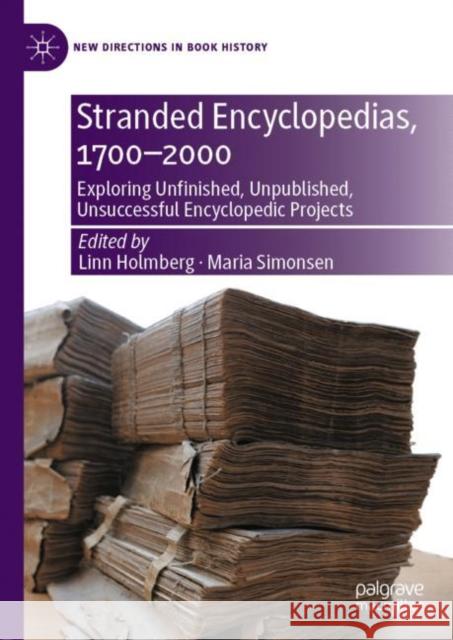Stranded Encyclopedias, 1700-2000: Exploring Unfinished, Unpublished, Unsuccessful Encyclopedic Projects » książka
topmenu
Stranded Encyclopedias, 1700-2000: Exploring Unfinished, Unpublished, Unsuccessful Encyclopedic Projects
ISBN-13: 9783030642990 / Angielski / Twarda / 2021 / 330 str.
Stranded Encyclopedias, 1700-2000: Exploring Unfinished, Unpublished, Unsuccessful Encyclopedic Projects
ISBN-13: 9783030642990 / Angielski / Twarda / 2021 / 330 str.
cena 402,53
(netto: 383,36 VAT: 5%)
Najniższa cena z 30 dni: 385,52
(netto: 383,36 VAT: 5%)
Najniższa cena z 30 dni: 385,52
Termin realizacji zamówienia:
ok. 16-18 dni roboczych.
ok. 16-18 dni roboczych.
Darmowa dostawa!
Kategorie:
Kategorie BISAC:
Wydawca:
Palgrave MacMillan
Seria wydawnicza:
Język:
Angielski
ISBN-13:
9783030642990
Rok wydania:
2021
Wydanie:
2021
Numer serii:
000768722
Ilość stron:
330
Waga:
0.57 kg
Wymiary:
21.01 x 14.81 x 2.06
Oprawa:
Twarda
Wolumenów:
01
Dodatkowe informacje:
Wydanie ilustrowane











